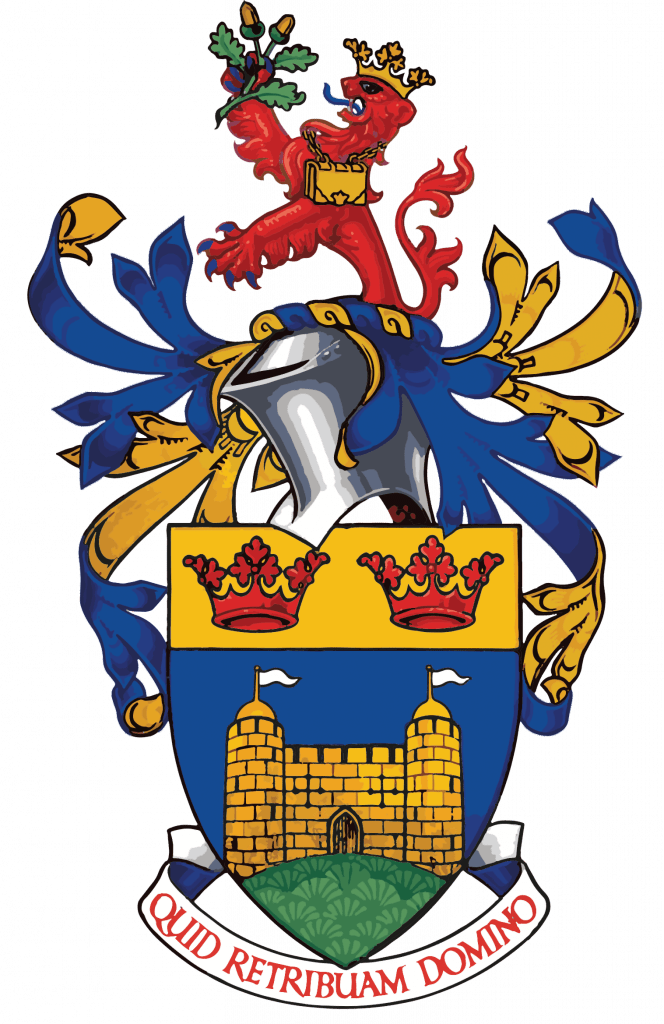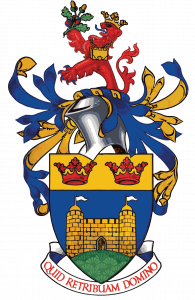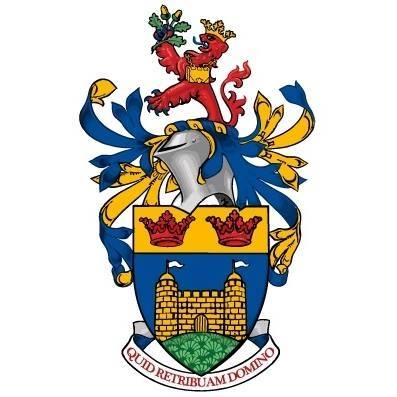Physics
Physicists strive to gain a deep understanding of the natural world. Describing nature within a mathematical framework enables them to model systems as diverse as the inner workings of the atomic nucleus to the birth of the Universe. Physics touches our life in the modern world constantly; we use the latest mobile phones and tablets without truly appreciating the immense technological advances that have been made to put these devices into our hands. We might glance up at the news to see a report on a space probe landing on a comet, without realising the probe was launched over 10 years ago and has travelled 6.4 billion kilometres before its audacious landing. As a budding physicist you will appreciate these wonders, and want to be part of the future challenges that we can’t even imagine.
As a school we have an outstanding team delivering the A Level Physics course. Our own interests include medical physics, engineering and astrophysics (to name but a few), and we bring these experiences into our daily work with students to help inspire and advise them.
The AQA Physics A Level specification retains a popular, traditional approach to physics. It covers both modern and classical physics in a clear and lively manner. Practical skills are developed throughout the course with the practical endorsement award accredited to successful candidates.
To get started
A Level Physics is an intellectually challenging but highly rewarding endeavour. It is well suited to students who enjoy their mental faculties being pushed to the limits. The high level of maths content makes it the perfect accompaniment to an A Level in Maths. You should be prepared to work hard in order to get the most out of the subject. To be accepted onto the course you will need a grade 6 in all GCSE science subjects along with a 6 in Mathematics.
Exam and Assessment Information
AQA – 7408
Measurements and their errors
Particles and radiation
Waves
Mechanics and materials
Electricity
Further mechanics and thermal physics
Fields and their consequences
Nuclear physics
Astrophysics
Assessment: Three written two hour exams.
What Next?
Physics is essential for degree courses in the physical sciences, engineering and architecture; it is also well regarded for courses in medicine and veterinary sciences. Physics is a well-respected subject in its own right and physics graduates can be found in a variety of fields from law and accountancy to I.T. and research posts. Recent King James’s School Physics students are currently undertaking careers in medicine, architecture, accountancy, engineering, astrophysics and of course physics, to name but a few.
















